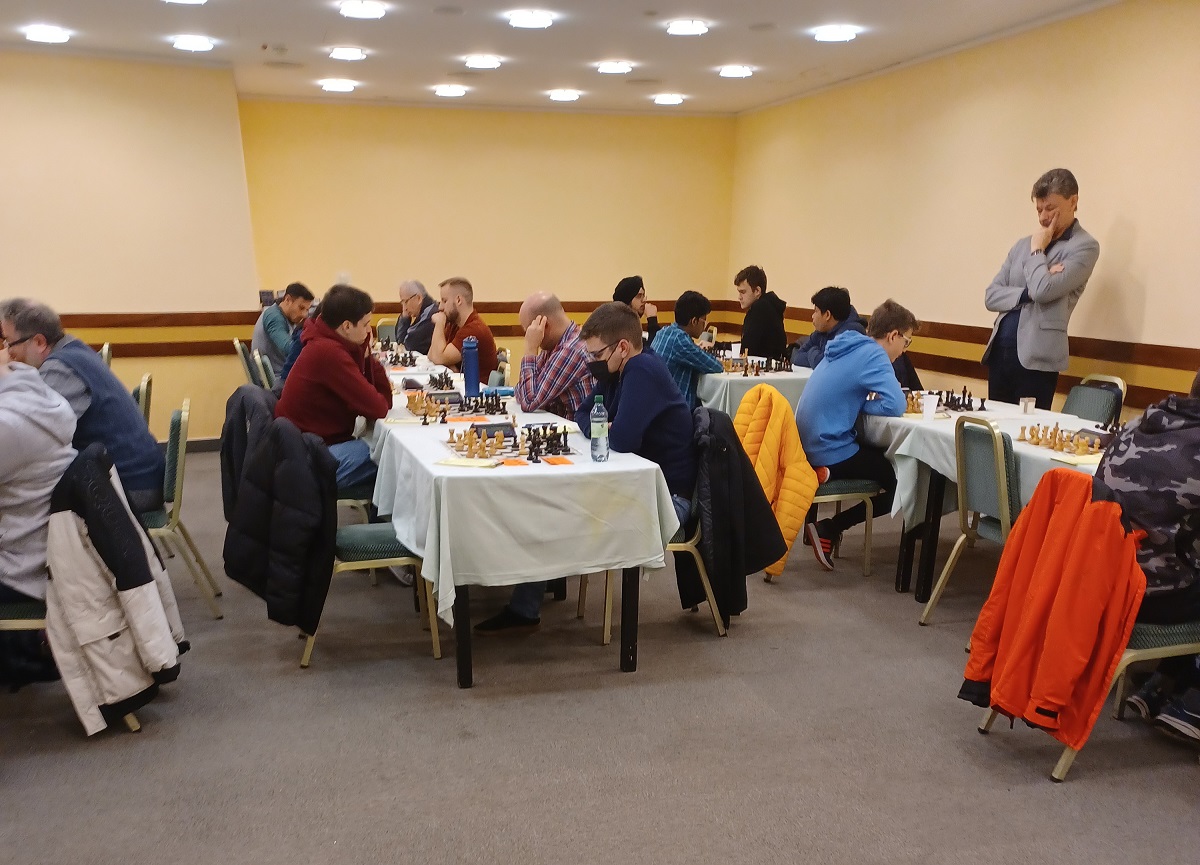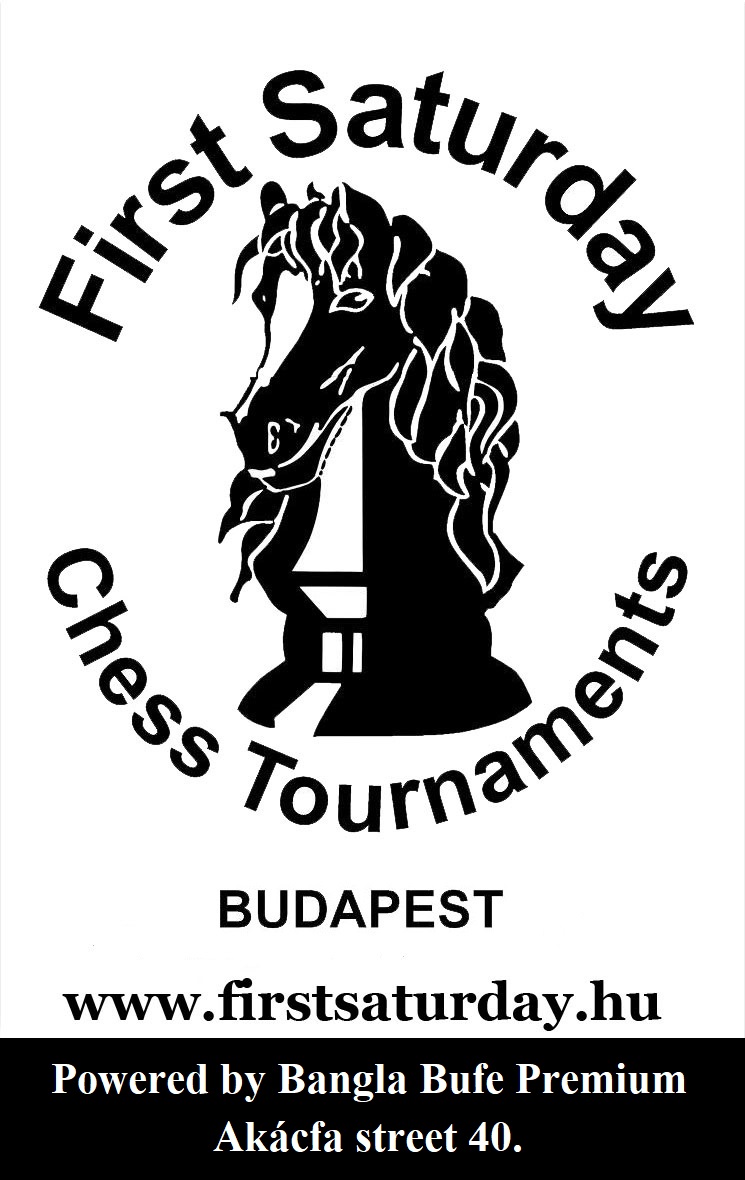To become a chess Grandmaster (GM), a player must achieve a specific set of requirements laid out by FIDE (Fédération Internationale des Échecs), the international chess federation. The most common way to become a Grandmaster involves earning a certain Elo rating and achieving three "norms." Here are the general requirements.
ELO Rating
Elo rating: A player must achieve an Elo rating of at least 2500 at some point. The Elo rating system measures a player's skill based on their performance against other rated players. Please note that the peak rating achieved can be from any published FIDE rating list, and it need not be maintained.
Elo ratings of top Grandmasters fluctuated around the range of 2700 to 2850. However, some players have achieved even higher ratings, with the highest ratings in history approaching 2900. Since ratings change over time due to performance in rated games, the current Elo ratings of top Grandmasters may be different from the ones I have mentioned.
To give you an idea, here are the top five players and their peak ratings
Magnus Carlsen (Norway) - 2882
Garry Kasparov (Russia) - 2851
Fabiano Caruana (United States) - 2844
Levon Aronian (Armenia) - 2830
Shakhriyar Mamedyarov (Azerbaijan) - 2820
Just to give you idea how that compares to AI chess engines, our human kind (in chess) is not comparable anymore to chess engines.
For example, Stockfish has consistently ranked first or near the top of most chess-engine rating lists and, as of February 2023, is the strongest CPU chess engine in the world. Its estimated Elo rating is over 3500. It has won the Top Chess Engine Championship 13 times and the Chess.com Computer Chess Championship 19 times.
Grandmaster norms
A player must achieve three Grandmaster norms in tournaments that meet specific criteria. A norm is like a performance benchmark that a player must achieve during a tournament. The criteria for a tournament to qualify for a GM norm include:
A minimum number of rounds, typically 9.
A minimum number of opponents holding the GM title.
A minimum number of foreign opponents (to ensure a diverse field of competition).
A minimum performance rating, usually around 2600, during the tournament.
It is important to note that the specific requirements for norms can vary depending on the tournament format, and each norm must be earned in a separate tournament. A player can also earn norms in more than three tournaments; in such cases, the three best norms will be considered.
Once a player meets these requirements, they can apply to FIDE for the Grandmaster title. If the application is approved, the player will officially become a chess Grandmaster.
Titles given by FIDE chess organization
FIDE (Fédération Internationale des Échecs) awards several titles to chess players based on their skills and performance. These titles are internationally recognized and often indicate a player's level of proficiency. The main titles awarded by FIDE, listed in descending order of prestige, are:
Grandmaster (GM): The highest title awarded to chess players. To achieve this title, players must meet specific requirements, including a minimum Elo rating of 2500 and earning three Grandmaster norms.
International Master (IM): The second-highest title awarded by FIDE. To achieve this title, players must have a minimum Elo rating of 2400 and earn three International Master norms.
FIDE Master (FM): This title requires a FIDE rating of 2300 or above. Players may also receive this title if they meet specific performance criteria in certain FIDE-rated tournaments.
Candidate Master (CM): This title is awarded to players who achieve a FIDE rating of 2200 or higher.
FIDE also awards separate titles for female players, which follow similar criteria but have slightly lower rating requirements:
Women's Grandmaster (WGM): The highest title awarded specifically to female chess players. The requirements include a minimum Elo rating of 2300 and earning three Women's Grandmaster norms.
Women's International Master (WIM): This title requires a minimum Elo rating of 2200 and earning three Women's International Master norms.
Women's FIDE Master (WFM): This title is awarded to female players who achieve a FIDE rating of 2100 or above.
Women's Candidate Master (WCM): This title is awarded to female players who achieve a FIDE rating of 2000 or higher.
Additionally, FIDE recognizes titles for chess arbiters and trainers:
International Arbiter (IA): A title awarded to experienced and knowledgeable chess arbiters who have officiated in numerous international events and passed a FIDE Arbiter's examination.
FIDE Arbiter (FA): A title awarded to chess arbiters who have officiated in various FIDE-rated events and passed a FIDE Arbiter's examination.
FIDE Senior Trainer (FST): The highest title awarded to chess trainers, recognizing their experience, knowledge, and achievements in training top players and teams.
FIDE Trainer (FT): A title awarded to experienced chess trainers who have demonstrated success in training and coaching players at various levels.
FIDE Instructor (FI): A title awarded to chess trainers who have demonstrated success in training beginner and intermediate players.
National Instructor (NI): A title awarded to trainers who have demonstrated success in training beginner players at the national level.
Developmental Instructor (DI): A title awarded to trainers who have demonstrated success in training beginner players, primarily focused on chess development and promotion.
Top Grandmasters tournaments in the world
The most prestigious chess tournaments that often feature Grandmasters and are considered important to watch:
World Chess Championship:
The most important event in the chess world, where the reigning World Champion defends their title against a challenger. The next one is in April in Astana, Kazakhstan played

Candidates Tournament: A tournament held to determine the challenger for the World Chess Championship. It features eight of the strongest players in the world.
Tata Steel Chess Tournament (formerly Wijk aan Zee):
Held in the Netherlands, this annual event is one of the longest-running and most prestigious chess tournaments, attracting many top players. Read our latest story on Tata Steel Chess Tournament
Sinquefield Cup:
Part of the Grand Chess Tour, this prestigious tournament is held annually in St. Louis, United States, and features top Grandmasters from around the world.
Norway Chess:
Another important event on the chess calendar, this annual super-tournament held in Stavanger, Norway, attracts many elite players.
FIDE Grand Prix Series:
A series of four tournaments held throughout the year, with the top two finishers qualifying for the next Candidates Tournament.
Chess World Cup:
Organized by FIDE, this knockout tournament is held every two years and features more than 100 of the world's best players. The top finishers also qualify for the Candidates Tournament.
FIDE Grand Swiss:
A Swiss-system tournament featuring many of the world's best players, with the winner qualifying for the Candidates Tournament.
Grenke Chess Classic:
An annual super-tournament held in Germany that attracts top Grandmasters and is known for its strong field and high-quality games.
Zurich Chess Challenge:
An annual event held in Switzerland, featuring a mix of classical, rapid, and blitz time controls, attracting elite players.
Budapest First Saturday
There are not so many GM tournaments around the world but whenever there are people are watching (and learning). I like particularly one in our neighbourhood in Budapest, called First Saturday. It is chess tournament series for GM, IM norms and for Standard and Rapid.
The tournaments were founded by Hungarian International Master László Nagy in 1992. These events are designed to provide opportunities for chess players to compete in round-robin and Swiss-system tournaments, with a focus on helping players achieve FIDE title norms (IM and GM norms).
The First Saturday tournaments have become a popular destination for both established and aspiring chess players from around the world due to their regular schedule and the opportunity to compete against a diverse range of opponents. Many notable players have participated in these tournaments over the years, including former World Chess Champion Garry Kasparov, who played in the inaugural event in 1992.

Opening Master will be present in Budapest, after all we have all the games of this and other GM, IM tournaments stored. You can download all 9.5 million human chess games from the below link and instantly replay all tournaments.
The chess databases are important for a number of reasons.
First and foremost, chess databases allow players to study and analyze past games. By studying the strategies and tactics used by top players, aspiring chess players can improve their own skills and understanding of the game. In addition, chess databases can be used to identify patterns and trends in a player's style, which can be helpful in preparing for a match against that player.
Second, chess databases can be used as a training tool. Many chess databases come with built-in analysis and training features that allow players to test their skills and practice specific openings or endgames. This can be particularly useful for players who are looking to improve their tactics or endgame play.
Third, chess databases can be used to track progress and measure improvement. By storing and analyzing a player's games over time, a chess database can help a player identify areas of weakness and track their progress as they work to improve.
Finally, chess databases can be used for research and analysis. Chess enthusiasts and researchers can use chess databases to study the history of the game, analyze the trends and patterns that have emerged over time, and identify the factors that contribute to a player's success.
The hess databases are an invaluable resource for players, trainers, and researchers alike. They provide a wealth of information and tools that can be used to improve one's understanding and skills in the game of chess.
OpeningMaster is now available on all three major podcast platforms
We are glad we can provide this service totally for free on all major podcast platform Youtube, Spotify and Apple Podcasts so you can now enjoy the chess meditations whether you are fan of either of the three.

Visit and subscribe to our YouTube channel  to learn chess openings and much more. Listen to our Spotify Podcasts
to learn chess openings and much more. Listen to our Spotify Podcasts ![]() on weekly basis.
on weekly basis.





